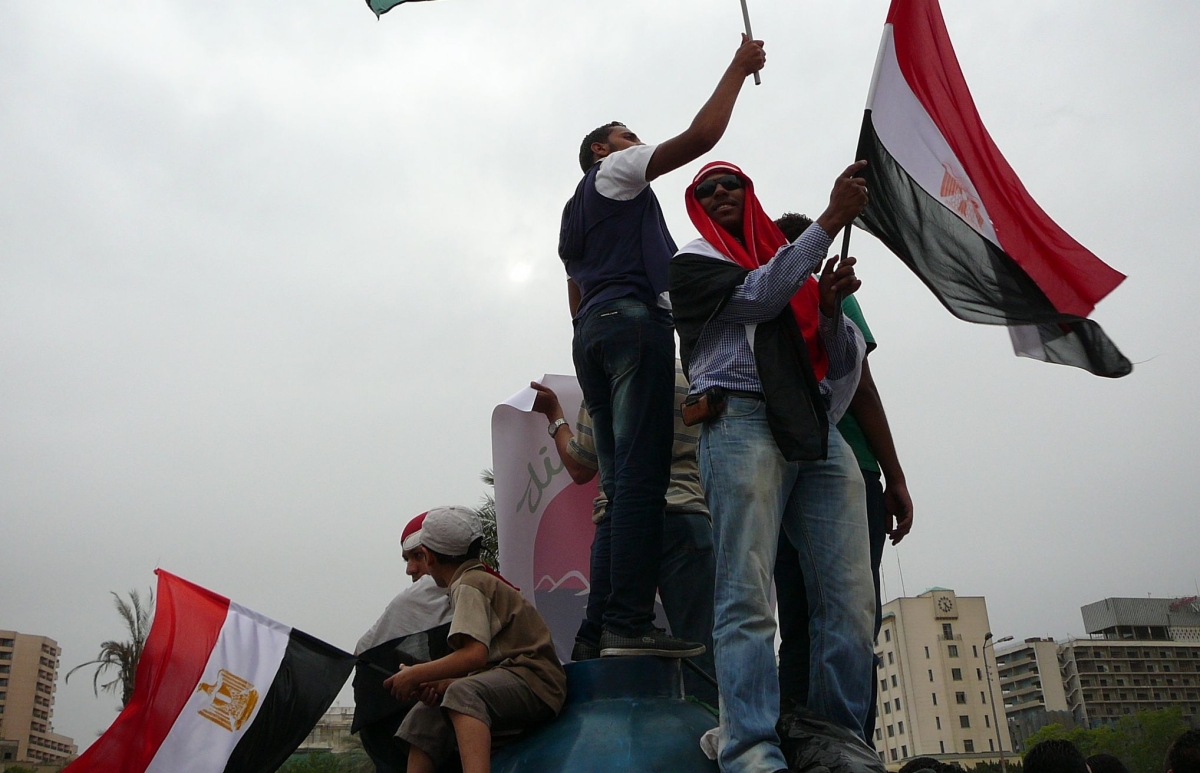Zehn Jahre nach al-Sisis Machtübernahme: Angst und Instabilität in Ägypten

Tahrir Platz in Kairo 2011, Bild: Thomas v. der Osten-Sacken
Für Middle East Eye zieht Umar A Farooq Bilanz über zehn Jahre Regentschaft von Abdel Fattah el-Sisi in Ägypten:
Ten years ago, Abdel Fattah el-Sisi launched a coup against Egypt's first democratically elected president in history, removing Mohammed Morsi from power, suspending the constitution, and establishing himself as leader of the country.
Sisi said he was responding to the Egyptian people who had come out in droves in the months prior, protesting over fears that President Morsi was becoming authoritarian. Sisi promised political and economic stability in taking power.
He introduced a number of economic reforms, including slashing fuel subsidies and raising taxes in an effort to ease unemployment. He also initiated several infrastructure projects, including the expansion of the Suez Canal, and worked to increase tourism in the country.
At the same time, Sisi went on to jail tens of thousands of political opponents, journalists, and rights activists, and imposed a national emergency to usher in his rule - Sisi denies holding political prisoners.
Despite the crackdown on human rights in the country, including criminalising protests, arbitrary detentions, and clamping down on political parties, Egyptian society endured under the promise of economic stability. (...)
The country's foreign debt has increased from $40bn in 2015 to more than $160bn at the end of 2022.
"It's clear the country has become much more in debt, and much less competitive. Not just because it became worse in terms of press freedom and human rights, but it's about mismanagement," said Mansour.
Sisi sparked new hopes into Egyptian society with the announcement of a new national political dialogue in 2022, which was meant to bring in voices from across the region and create more political involvement.
People began engaging in the political sphere more, and former member of parliament Ahmed Tantawy announced he would run for president in the 2024 elections.
But the prospects of political mobility crashed soon after, with Tantawy's family members being jailed earlier this year which Human Rights Watch said was done seemingly because of their familial connections with the Egyptian politician.
While the national dialogue is continuing to move forward, Sisi has banned the Muslim Brotherhood party and stopped much of the secular opposition from participating. The failure to bring real dialogue is "a testament to the fact that Sisi does not know how to do politics", according to Afifi.